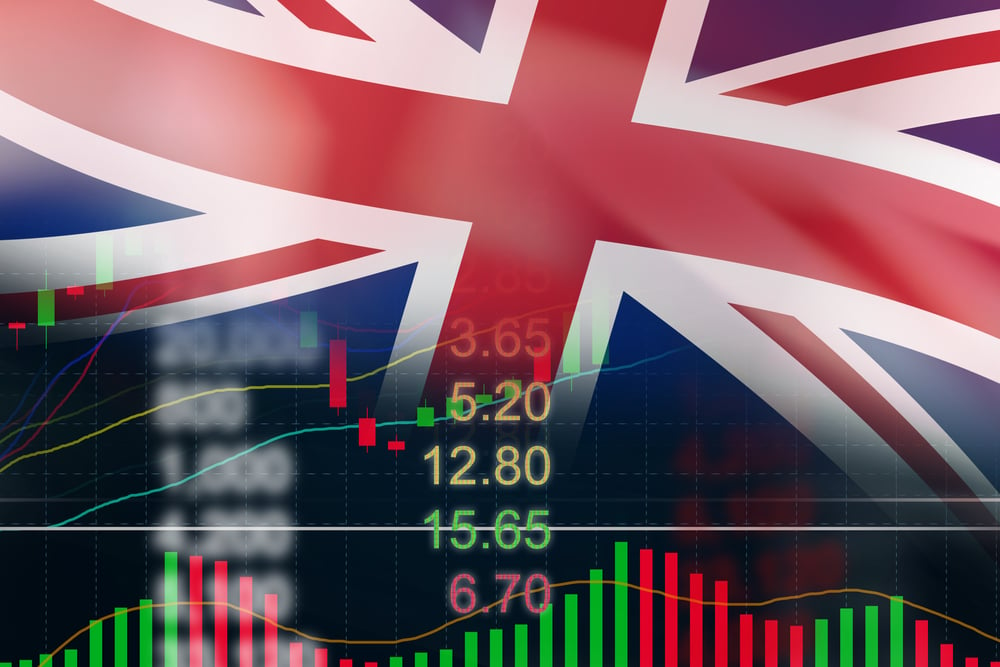Shoppers defy forecasts despite weak economic backdrop
British retail sales unexpectedly rose 1.0% in February, defying analyst expectations of a decline amid sluggish economic growth, according to the Office for National Statistics (ONS). The surprise rebound was driven largely by non-food retailers, while supermarkets posted modest declines following January’s surge.
Economists polled by Reuters had forecast a 0.4% drop. Instead, February marked the strongest annual sales growth in over a year, with volumes up 2.2% year-on-year. January’s figure was revised down slightly to a 1.4% monthly gain.
Broad strength boosts Q1 economic hopes
“February’s strength was broad-based, with all major categories except food store sales up. All this bodes better than hoped for Q1 GDP growth,” said Sandra Horsfield, economist at Investec.
Clothing sales picked up due to widespread discounting, while household goods stores posted their biggest gain since April 2021, the ONS said. These improvements are encouraging for Finance Minister Rachel Reeves, whose attempts to jumpstart growth have been hampered by stagnant data since her appointment.
Households boost savings and income
Separately, household savings rose to their highest level since the pandemic, with the savings ratio reaching 12.0% in Q4 2024, up from 10.3% the previous quarter. Household disposable income, adjusted for inflation, grew 4.3% year-on-year — the largest increase in nine years — thanks to strong wage growth.
Despite low GDP per head, the ONS upgraded full-year 2024 growth to 1.1% from 0.9%, due to better performance in the first half. These figures have led economists to suggest that modest economic acceleration may still be possible in 2025.
Cautious optimism amid looming pressures
Retail sales volumes for the three months to February rose by 0.3%, the first such gain since November. However, economists remain cautious. “Consumers are clearly still nervous and without a material increase in consumer confidence aren’t likely to go on a spending binge,” said RSM economist Thomas Pugh.
Analysts are watching closely how higher employer taxes, raised energy bills, and a minimum wage hike set for April will impact household budgets and retail sentiment. Deloitte’s Oliver Vernon-Harcourt warned that persistent food inflation continues to squeeze spending power.
This week, Next upgraded its profit forecast after solid trading, while Kingfisher warned of waning sentiment due to fiscal policies from last October. Overall, retail volumes remain just below pre-pandemic levels, despite February’s promising figures.





















